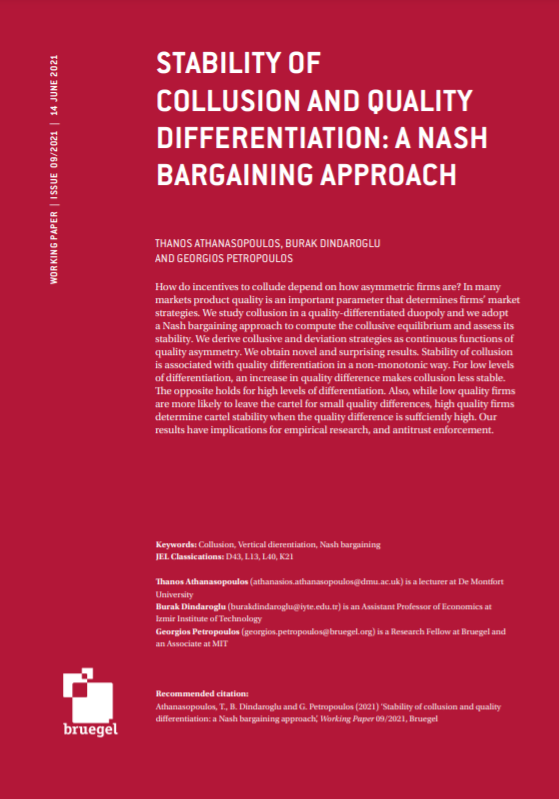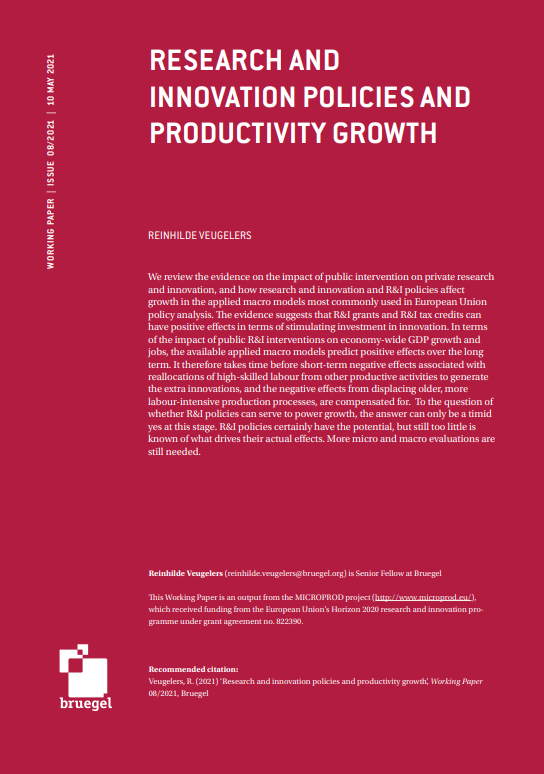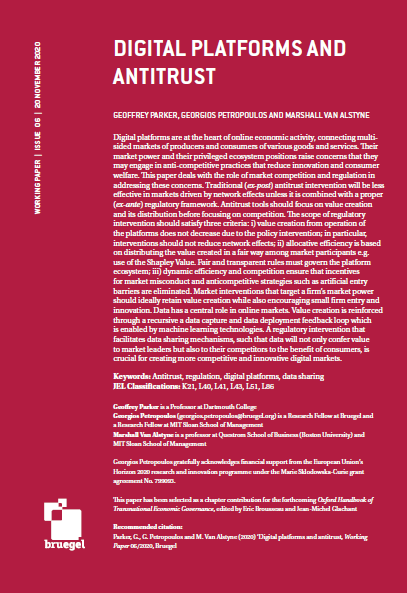Blog Post
Intellectual Property Rights and Antitrust – is there light at the end of the tunnel?
Part 1/2 The chief economists of the European Union and United States competition authorities are prepared to suggest to standard-setting organizations a set of common principles to resolve longstanding intellectual property rights and antitrust issues. If confirmed and endorsed, the principles could minimize anti-competitive risk in standard-setting processes. The background. Standard-setting, or the processes by […]
Part 1/2
The chief economists of the European Union and United States competition authorities are prepared to suggest to standard-setting organizations a set of common principles to resolve longstanding intellectual property rights and antitrust issues. If confirmed and endorsed, the principles could minimize anti-competitive risk in standard-setting processes.
The background. Standard-setting, or the processes by means of which an industry elects a common production technology to converge on, has lately been one of the main issues at the centre of antitrust practitioners’ attention. In Europe, a number of major alleged abuse cases have been scrutinized in depth by the European Commission (most notably the Rambus and the Qualcomm cases). Other cases, of no less relevance, are currently under investigation: Samsung, following a complaint from Apple; and Motorola, prompted by complaints from Apple and Microsoft. And even though Joaquín Almunia, EU Competition Commissioner, has said that the European Commission will not tolerate misuse of patent rights and has invited high-tech companies to ‘peace talks’ under threat of regulatory action, the surge of antitrust complaints and law suits is not likely to ease, on either side of the Atlantic.
At the origin of all these disputes there lies a very straightforward question which, unfortunately, does not have a straightforward answer: if a company holding IP rights which are essential to a standard commits to license those patents on Fair, Reasonable, Non-Discriminatory (FRAND) terms, what are the practical consequences?
FRAND commitments are usually required by standard-setting organizations in order to mitigate the risk of ex-post “hold-up” abuses. When a technology is adopted as standard, it may then lack effective substitutes: the industry is de-facto locked into the standard and patent holders may be tempted to charge royalties that exceed what they would have been able to charge if alternative technologies were still exerting a credible competitive constraint in the market. FRAND commitments aim at preventing such an abuse. But the intrinsic ambiguity of the wording leaves ample scope for subjective interpretation. And, therefore, for litigation.
Prevention is better than cure. In the economic literature, there have been some attempts, including by myself, to identify guiding principles that should drive the assessment of alleged FRAND abuse cases (see, for example: Swanson and Baumol, Reasonable and Non Discriminatory (RAND) Royalties, Standards Selection, and Control of Market Power in Antitrust Law Journal, 2005; and Mariniello, Fair, Reasonable and Non-Discriminatory (FRAND) terms: a Challenge for Competition Authorities in Journal of Competition Law and Economics, 2011). But a clear-cut methodology that could be implemented to identify the exact price a patent holder should be entitled to ask under FRAND obligations has not yet been suggested.
There is a growing consensus that improving standard-setting processes could be the right way forward. Setting clear and efficient ex-ante rules should prevent, or, at the very least, minimize ex-post alleged abuse cases, and hence limit the risk of erroneous antitrust decisions. The fact that EU and US authorities’ respective economists are working on some guiding principles for standard-setting organization is good news.
Not yet official, the preliminary suggestions’ list released by Fiona Scott Morton, US Department of Justice’s chief economist, seems to consist of 4 main principles. I report them below, following the wording used by Scott Morton:
- Commitments remain with IP regardless of owner. That is: if a company buys a patent that the previous owner committed to release under FRAND terms, the purchaser will have to abide by that commitment.
- Well – specified procedure to lower cost of dispute resolution. According to Scott Morton, standard-setting organization should evaluate options (such as arbitration, allowed royalty rate ranges, specification of the base to which royalty should apply etc.) to minimize the risk of lengthy and costly court proceedings.
- Cash option. Patent holders should identify a cash price for their essential patents in order to simplify assessment. Complex cross-licensing agreements are often difficult to assess by third parties.
- Well-specified process before an injunction/exclusion sought. Constraining the ability of patent holders to threaten to exclude a product from the market during bargaining would reduce the ability of the licensor to extract royalties above FRAND rates.
Later this week, I will discuss the merits of these suggested principles and raise a number of questions that, in my view, should be addressed by the competition authorities.
Republishing and referencing
Bruegel considers itself a public good and takes no institutional standpoint. Anyone is free to republish and/or quote this post without prior consent. Please provide a full reference, clearly stating Bruegel and the relevant author as the source, and include a prominent hyperlink to the original post.










